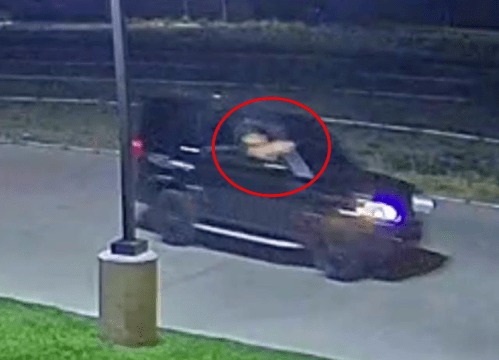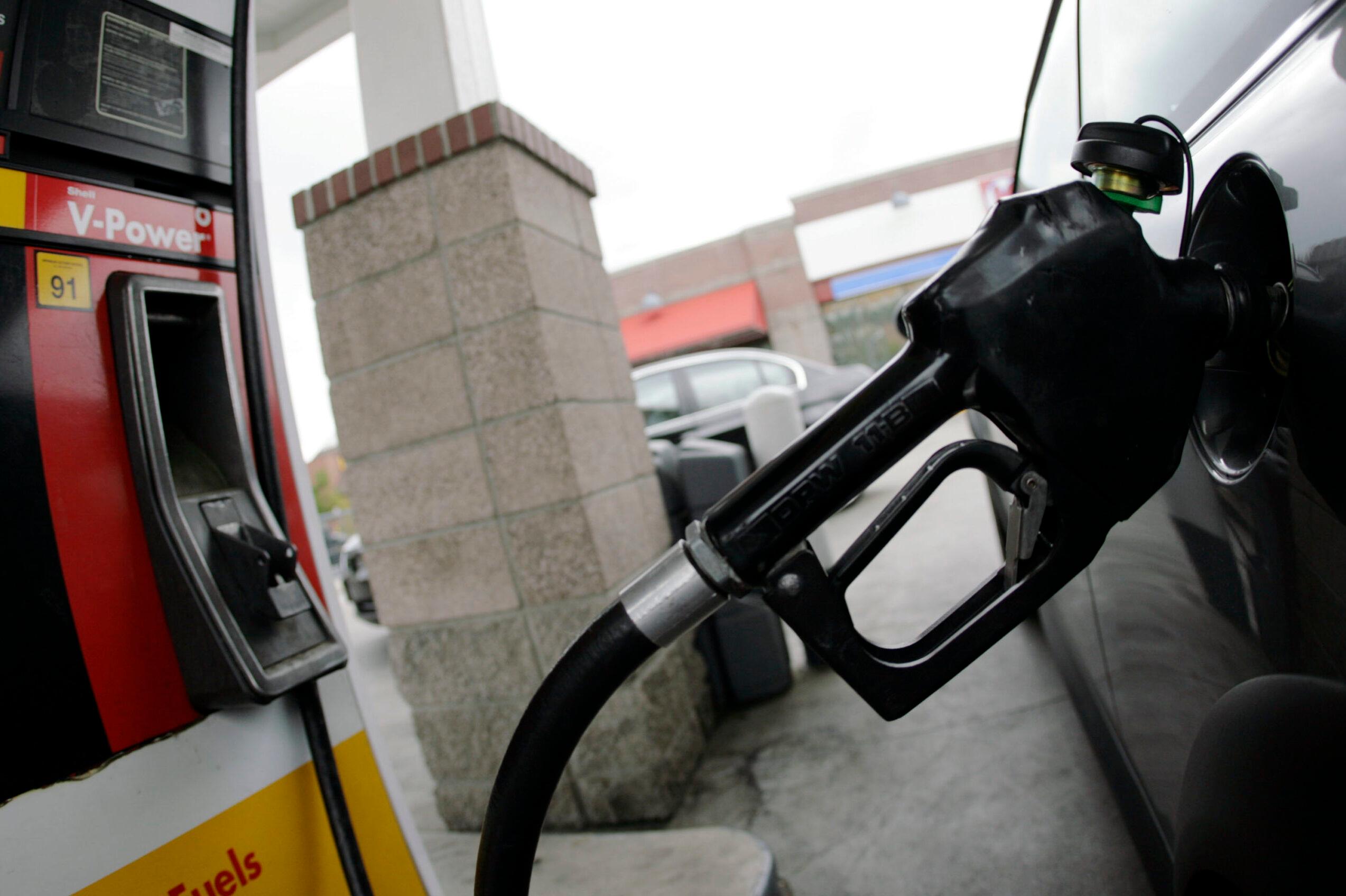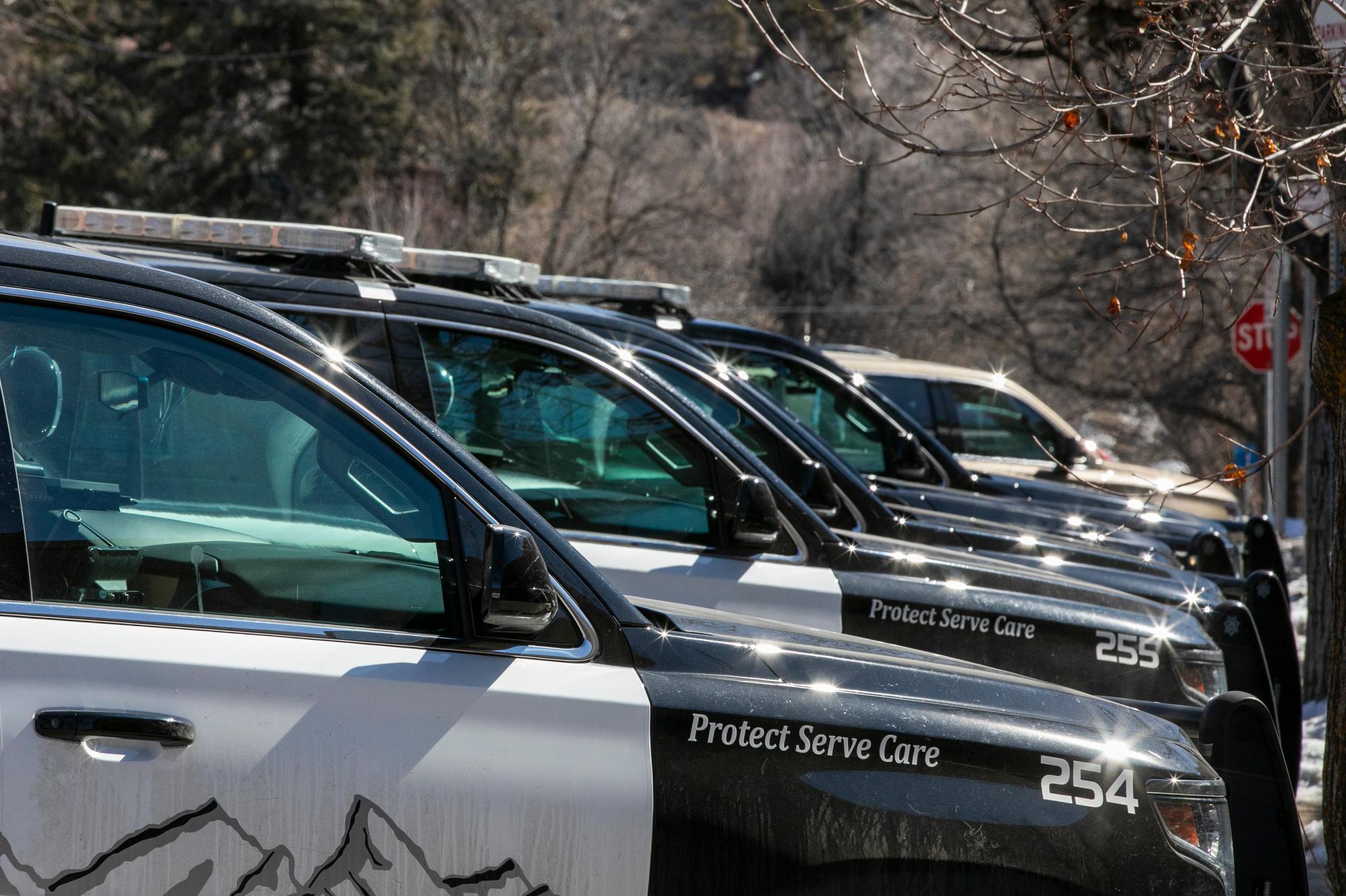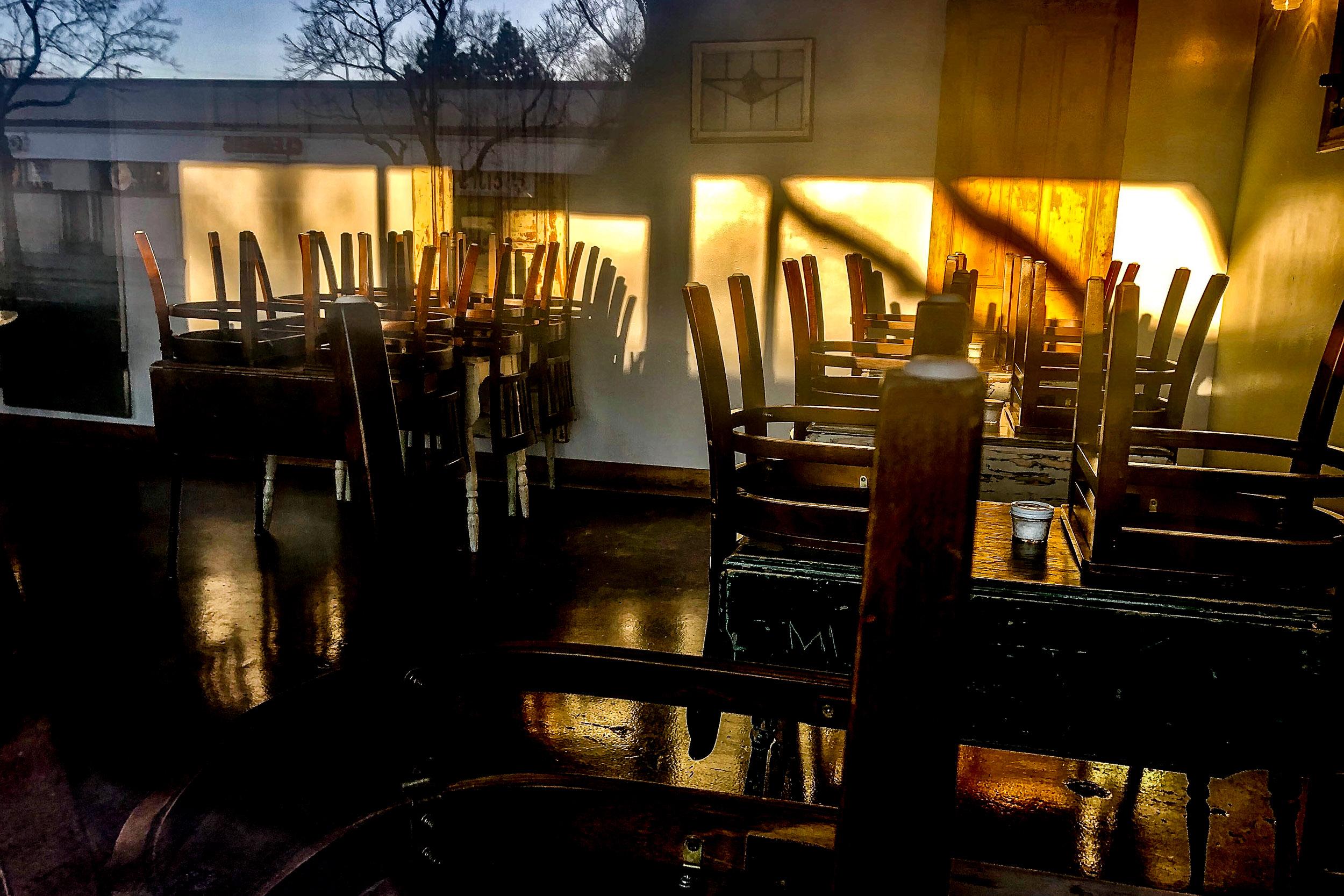
Many nights, Dakota Diemand, 28, is supposed to be sound engineering a concert. But for the past few days, it’s been pretty silent.
“I’m kind of an introvert by nature,” he noted.
He’s spent his days cuddling his cat, Moses, or playing his guitar at in his Boulder home. When he needs more social interaction, he's video chatted with friends through Zoom, Skype and FaceTime.
According to the Colorado Department of Labor and Employment, the state is seeing a record number of unemployment filings, thousands per day. About 12,000 filed on Wednesday alone. Before last week, the unemployment rate was 2.5 percent. The most recent employment numbers showed that Colorado was seventh in the nation for job growth. COVID-19 derailed all of that.
Over the last two weeks, large events that would bring hundreds of people out in Colorado were postponed or canceled out of precaution. Gov. Jared Polis announced Monday that all restaurants and bars would close to on-site dining and would be limited to only take-out, drive-thru and delivery.
Last week, Polis banned events with 250 people or more, then on Wednesday, he banned all gatherings that had 10 people or more. All of this plays a role in what resulted in thousands of people suddenly out of work.
Labor statistics from the first quarter of 2019 tally 231,370 Coloradans who work in foodservice. There are more than 8,200 who work in the performing arts or pro sports sector and 53,155 employed in amusements, recreation and gambling across the state.
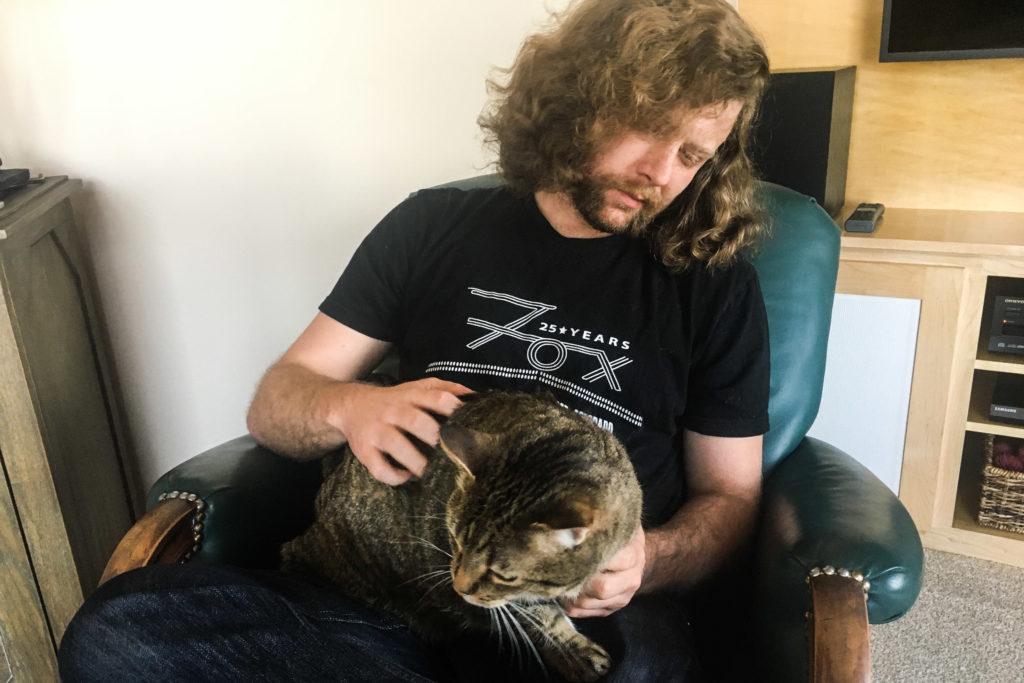
According to the Service Employees International Union Local 105, which represents both janitors and airport workers, most of their members have either been laid off or have had their hours significantly cut.
“This [was] all very sudden,” SEIU 105 Property Services Director Juan Montana said. “We are not getting any time to process and workers don’t have time to make any plans.”
For janitorial workers, they have seen less business as their typical clients, other businesses, begin to close. For airport workers, Montana said he’s watched as his members get fewer and fewer hours.
In Colorado, the average time it takes from filing for unemployment assistance to someone getting a check is about four to six weeks. But that was when Colorado was dealing with hundreds, not thousands of people looking for relief. Also, most people who collect unemployment only receive 55 percent of the weekly earnings they are accustomed to.
Diemand, the sound engineer, is an independent contractor which means he can’t get any unemployment relief.
“A lot of us are paycheck to paycheck. We don’t have paid time-off or sick leave, and a lot don’t have health care,” he said. “There’s only so much GoFundMe and charities and other things can do to help us.”
Friday was the first time he heard that one of his events got canceled. After that, it was basically dominoes. Now all of his gigs, mostly in Denver, have been canceled for about two months. He suspects he’ll be out of work for longer.
“In the music industry, we like to say ‘The show must go on’ but it can’t for the time being,” he said.
Diemand said this is the worst time for a virus like the novel coronavirus to hit because the busiest season for music and events is usually the spring and fall. In less than a week, he has completely changed his life plans. He wanted to eventually save up enough money to move out-of-state or out of the country and begin his own business.
“Being out of work for a long time and having zero income in the time being, and I have little to no savings,” Diemand said. “Advancing my goals in life is substantially lessened.”
He still sees a silver lining. He has health insurance, he has some savings, and he’s living with his parents at the moment. People have already given him tips on where to find work: grocery stores and childcare are in demand.
CDLE announced Tuesday that they will actively try to match people without work to industries that will require more demand because of the pandemic. Those include health care, childcare, transportation and grocery stores.
“There are options for people who need to work and are healthy and able enough to work,” CDLE Executive Director Joe Barela said.
A spokesperson from Safeway said the demand for goods increased over the past two weeks and the company is discouraging people from panic buying. To keep up, Safeway will have about 1,000 job openings. Most of those will be in Colorado. Nationally, Amazon said the company will be hiring 100,000 additional workers. Jet’s Pizza announced Thursday that they will be hiring hundreds of workers across the county. The Denver Post Office said they are looking to hire 200 people.
Casey Booth was a waiter at a small restaurant, Morning Story. He first became nervous he would lose his job when he saw on the news that Illinois and Ohio both banned dining-in at restaurants.
“On Monday, I saw the message that they were going to [close for] eight weeks in Denver,” Booth said. “And then shortly after, I got a message from my manager saying, 'We’ll have a meeting on Tuesday to talk about all this.'”
Early Tuesday afternoon, Booth's boss gave Booth and his colleagues their last checks. They all were told to file for unemployment. His boss is a small business owner and cannot afford to continue to pay his workers. Instead, he sent his employees home with about two weeks' worth of food.
“It was really depressing,” Booth said. “And all the restaurants are closed so it’s not like I can just go get another job.”
Booth attempted to file for unemployment on Wednesday but the site kept crashing because of high volume usage. His solution will be to try it at off hours, like 1 a.m.
In the meantime, he wants to do Doordash, an app that provides food delivery service. The company announced Tuesday the creation of priority access to the program for restaurant workers who lost their jobs. Also, they'll give financial assistance to qualified contractors who are sick with COVID-19 or quarantined.

Ricardo Vélez, a single father from Westminster, is a sound engineer like Dakota Diemand.
Last Friday, he took a flight to New Jersey to see his girlfriend before she had surgery. It was during that weekend that many of his gigs were getting canceled.
His free time now is dedicated to homeschooling his 8-year-old daughter Olivia, who is out of school till at least April 17.
“I have to be confident in my ability to teach,” he said. “I don’t have much of a choice.”
One of his major concerns right now is just keeping his mental health on track. He goes for walks with his daughter and his dog every day. Still, he wonders what the world will look like even after the pandemic is over.
“What will this do to the music industry?” he asked. “What will it look like if we can never go back to big concerts and big venues?”
He also mentioned that this has made him question his career choice after 20 years. He’s dabbled with the idea of grad school but he’s in no rush. For now, he’ll enjoy the extra time with his daughter.
“I’m hopeful,” he said. “We’ll get through this.”


